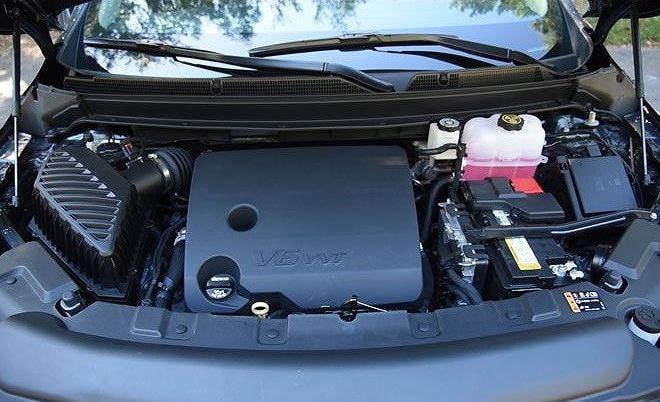How important is coolant for cars?
Like engine oil, coolant also plays an important role in a car and needs to be monitored regularly.
Leaving coolants in your car is never a good idea, especially engine coolant. Understanding its short-term and long-term effects on your engine will go a long way in prolonging the life of your vehicle.
Why is coolant important for engines?
Engine coolant is a liquid mixture of water and antifreeze that sits in your car's radiator. It prevents your engine from overheating in hot weather and freezing in extremely cold weather, conditions that can make your engine more susceptible to problems.
Normally, the coolant's water and antifreeze mix ratio will be 50/50, but in some cases this ratio can be changed to increase the boiling point and decrease the freezing point.
 |
Coolant keeps the engine from overheating in hot weather and freezing in cold weather. |
Car owners need to be aware of the engine coolant service life. Some manufacturers, such as Toyota, have made significant changes to the type of coolant used in their vehicles. Initially, coolants were kept in pure, undiluted form and needed to be mixed with water in a specific ratio (60% coolant and 40% water) to achieve the best performance.
After 2004, Toyota changed its coolant from a 30,000-mile (48,000 km) life to a 100,000-mile (161,000 km) life. This coolant does not need to be mixed with water and will help detect leaks in the cooling system more quickly. In addition to keeping the coolant at its optimum level (never let it get near the minimum level), it is also important to ensure it is functioning properly.
Newer vehicles typically require coolant service sooner; owners should expect service every 10,000 - 18,000 miles (16,000 - 29,000 km) for gasoline-powered models.
Recommendations for car owners
Car owners should pay attention to the instructions for use of coolant. Each type of coolant has specific instructions and even a slight deviation in use can cause the coolant to not perform as expected. Stick to the specifications of the engine coolant manufacturer.
When your vehicle's fuel consumption is affected, consider adding coolant or, more seriously, reviewing the entire engine cooling system.


